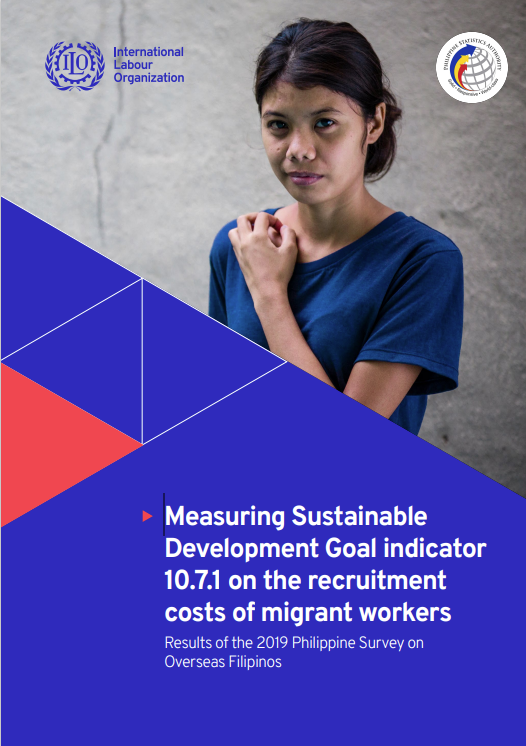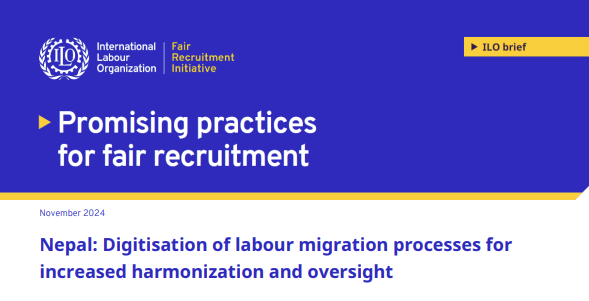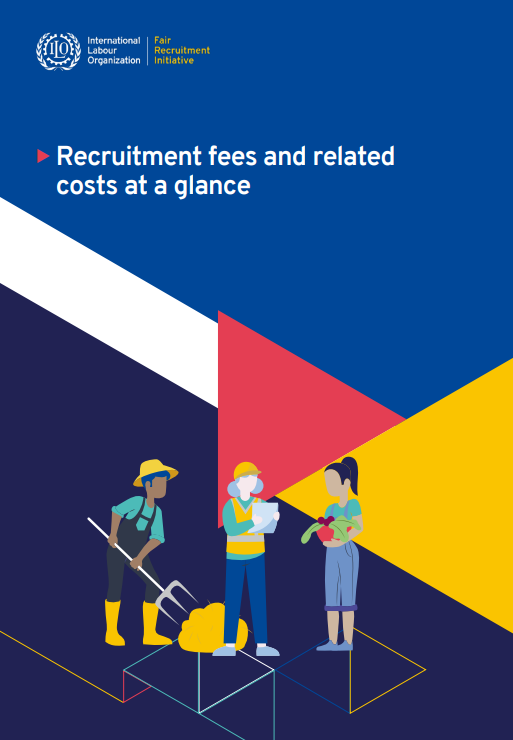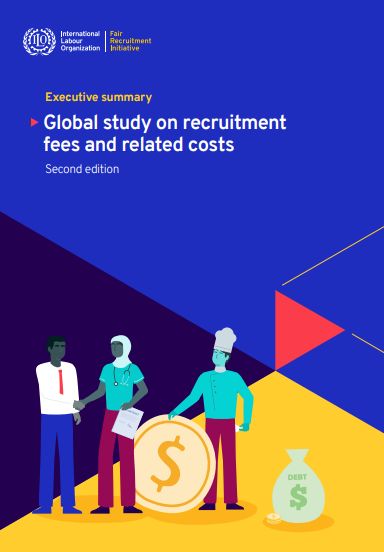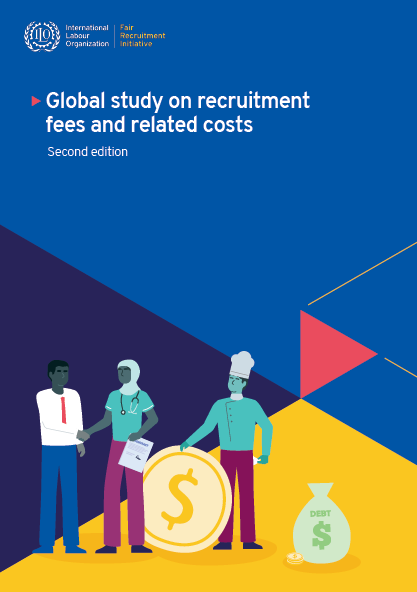The second edition of the Global Study is a review of 110 countries across all five regions to document current regulatory approaches and experience on the recruitment fees and related costs. It assesses progress, challenges, and regulatory gaps and offers insights to better understand the global recruitment landscape, the realities that workers, recruiters, and employers face, and the impact of the ILO Definition of recruitment fees and related costs on recruitment practices. Five years after the release of its first edition of the Global Study on recruitment fees and related costs, the ILO is publishing a second edition of the study that expands the geographic scope from 90 countries to 110 countries across all five ILO regions. The study reviews the global landscape of recruitment-related laws, policies, and practices to document current regulatory approaches and experience on the subject This global study further reviews international, regional, and bilateral frameworks on recruitment and labour migration and considers business-led, trade union, and multi-stakeholder initiatives regarding recruitment fees and related costs. It documents the progress made, challenges encountered, and regulatory gaps that need to be addressed in the five years since the adoption of the ILO Definition of recruitment fees and related costs. It also presents some global promising practices on recruitment fees and related costs, highlighting the different strategies that can be adopted by stakeholders eliminate workers’-paid recruitment fees and related costs. It also takes a forward-looking perspective by proffering considerations for future action to effectively combat the charging of recruitment fees and related costs to workers. By examining the global landscape of recruitment practices, the study offers valuable insights into national context-specific regulatory conditions and practical realities that workers, labour recruiters, enterprises, and employers face regarding recruitment fees and costs. It specifically highlights the engagement of the ILO supervisory bodies with the topic of recruitment fees and related costs, showing the multi-faceted and cross-cutting nature of the issue. |

